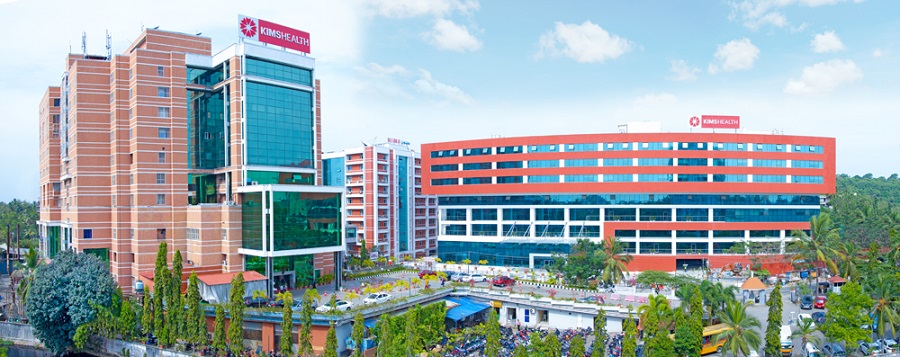

THIRUVANANTHAPURAM:
When a five-month-old baby was brought to them in a critical state with massive brain haemorrhage, doctors at the KIMSHEALTH, Thiruvananthapuram, initially could only speculate on causes that triggered it. It was a rare occurrence in infants, ever since one of the major causes — the deficiency of Vitamin K — was addressed through injections at the time of birth.
“The infant had massive Intra Cranial (IC) bleeding and initially we had no clear understanding what caused it. Our priority was to save the baby’s life through surgery,” said Dr. Sreejith M D, a consultant paediatric neurosurgeon, with KIMSHEALTH. The surgical intervention and a shot of Vitamin K helped them save the life and the little boy is in perfect health, which is nothing less than a miracle.
Vitamin K Deficiency Bleeding (VKBD) is a rare disease and the internal haemorrhage that may develop late because of it often remains undiagnosed for long, resulting in high mortality and long-term effects including brain damage.
“Most new-borns receive a vitamin K shot at birth since 1961 and this has helped save the lives of infants for the past six decades. The late onset of the VKDB is quite rare,” Dr Sreejith said. But there is a need to sensitize young paediatricians about the possibility of VKDB even in infants who receive Vitamin K at birth, he said. According to reports, 1 to 6 babies out of 100,000 who receive the oral vitamin K could develop late bleeding.
Vitamin K is a fat-soluble vitamin that helps clotting of blood and is named after Koagulation, the German word for coagulation. A fall in Vitamin K below a threshold level can cause internal bleeding.
Dr. Sreejith said the disorder when it manifests in the first 24 hours after birth is categorized as Early VKDB. “Classical VKDB manifests in the first week and Late VKDB can present itself between Day 8 and 6 months. The consequences for the few who develop it late are potentially catastrophic as more than 50% of infants would develop bleeding in the brain,” he said. But a good thing is that it is fully treatable with a single dose of Vitamin K and supportive management.
Doctors said in the case of the five-month-old patient, they could not find any trigger for VKDB and the only risk factor was exclusive breast feeding. “This is indeed a rare case but raises the question whether further doses of Vitamin K, in addition to the single dose at birth, are warranted to prevent late onset hemorrhagic disease of new-born,” said Dr. Sreejith.
The life of the infant was saved through efficient medical management by a team of specialists from the department of paediatrics including Dr Neetu Gupta, Dr Shiju Kumar, Dr Nisha NU Nair and Dr Hima C and anaesthesiology senior consultant and chief coordinator Dr Jacob John Theophilius, who assisted Dr. Sreejith, the consultant paediatric neurosurgeon of the hospital.
more recommended stories
KOZHIKODE:Showcasing Kerala as the domain leader.
THIRUVANANTHAPURAM:A recent research, published by scientists.
THIRUVANANTHAPURAM:Ramping up Kerala’s position as the.
KOCHI: Indian Myeloma Congress 2026, a.
KOZHIKODE: myHart Starcare ,Calicut has successfully.
KOCHI:Amrita Hospital, Kochi will serve as.
KOCHI:Amrita Hospital, Kochi have successfully performed.
KOCHI:The Physical Medicine and Rehabilitation (PMR).
MUMBAI:Every mother remembers the magic of.
കൊച്ചി : കുട്ടികളിൽ കാണപ്പെടുന്ന പ്രധാന വാസ്കുലൈറ്റിസുകളില്.